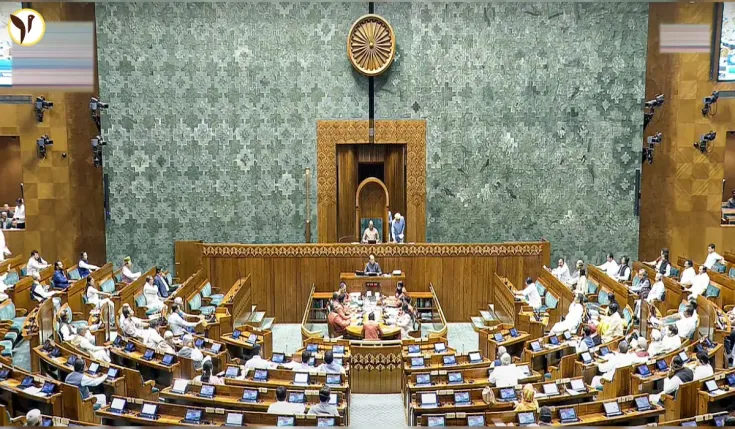Waqf Amendment Bill 2025: A Heated Debate in Indian Parliament
The Waqf Amendment Bill, 2025, has ignited a firestorm in India's Parliament, pitting the ruling BJP against a united opposition. Introduced by Parliamentary Affairs Minister Kiren Rijiju, the bill aims to overhaul the management of Waqf properties – religious endowments primarily held by Muslims – promising increased transparency and efficiency. However, critics argue it’s a thinly veiled attempt to undermine the Muslim community.
Key Changes and Government Claims
Rijiju insists the bill, described as the UMEED Act (Unified Waqf Management, Empowerment, Efficiency, and Development Act), is "prospective, not retrospective," addressing concerns about potential land grabs. He highlighted key changes including a three-member tribunal to resolve disputes (up from the initially proposed two), greater oversight of Waqf properties, and strengthened provisions to protect the rights of women within families in Waqf creation. The government emphasized a massive public consultation process, involving over 97 lakh petitions and 284 delegations, during the Joint Parliamentary Committee (JPC) review. The claim is that this makes the amended bill a truly representative piece of legislation.
Opposition's Concerns
The opposition, led by Samajwadi Party chief Akhilesh Yadav, vehemently opposes the bill. Yadav alleges the bill is a "conspiracy" to dispossess millions and is part of the BJP's "divisive agenda," potentially harming India's secular image. He questioned the government's assurances regarding land security, citing instances of government land sales. Other opposition parties echoed these concerns, viewing the bill as unconstitutional and highlighting their unified opposition to its passage. Even some NDA allies voiced dissatisfaction, although whips were issued to ensure support for the government's stance.
The Road Ahead
The Lok Sabha witnessed heated debates on April 2nd, with the bill likely to reach the Rajya Sabha on April 3rd. Both houses allocated eight hours for discussions, suggesting a drawn-out and contentious process. The BJP, despite its numerical advantage, may face challenges securing passage, particularly if the concerns of opposition parties and potential NDA dissidents continue to resonate. The bill’s future, therefore, remains uncertain, leaving its long-term impact on Waqf property management and community relations open to debate.






